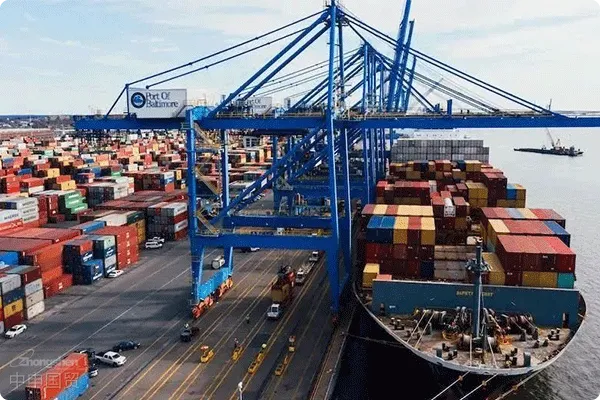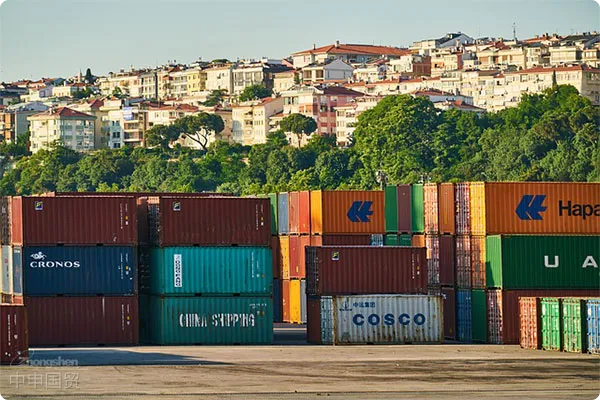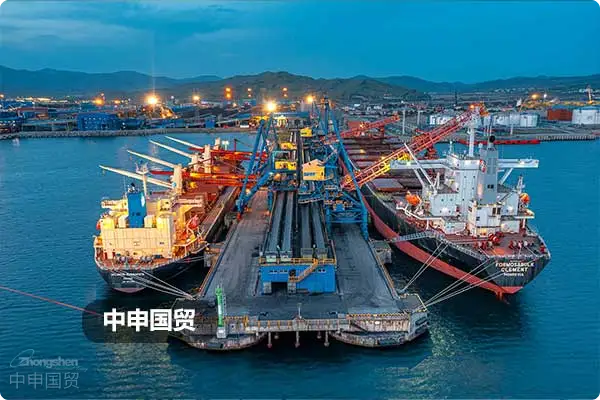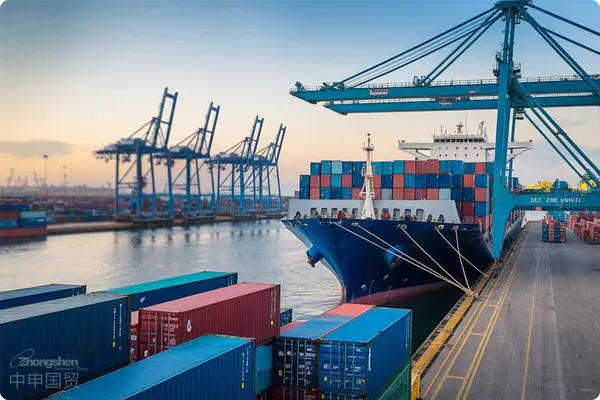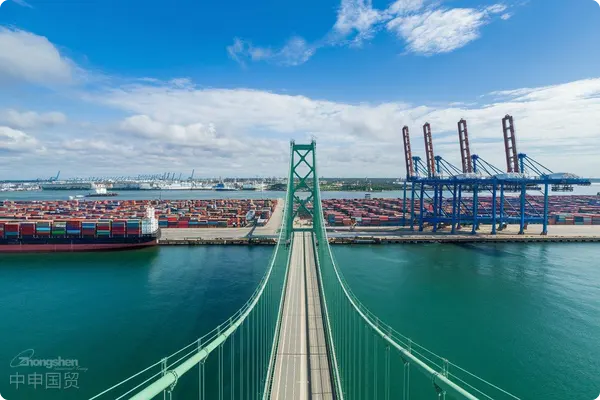- Shanghai Zhongshen International Trade Co., Ltd. - Two decades of trade agency expertise.
- Service Hotline: 139 1787 2118
Overview of the Brazilian Market
The Brazilian market showed a strong growth momentum in the second quarter of this year. Its GMV increased by 25% year - on - year, and the number of goods sold exceeded 171 million pieces, showing a 20% year - on - year growth.
Brazilian Customs Policies
All goods imported into Brazil are subject to tariffs. Therefore,Cross-border E-commerceBefore selling products, sellers need to ensure that the consignee has a tax number and is willing to pay tariffs to avoid returns and high costs. Understanding this policy is crucial for enterprises exporting to Brazil.
BrazilImport Customs DeclarationSpecial Regulations
Taxation on All Goods
Brazil has no customs duty threshold. This means that all goods imported into Brazil, regardless of their value, need to pay tariffs. Therefore, before making a sale, sellers must ensure that the consignee already has a tax number and confirm that the consignee is willing to pay these tariffs. Otherwise, if the consignee refuses to pay, the return process will be very complicated and expensive.
Bill of Lading Regulations
(1) Brazil does not accept Sea Waybill. If the documentary information of the goods is missing or incorrect, the goods will be regarded as smuggled after arriving in Brazil. This will lead to the goods being seized by the customs, and relevant enterprises or individuals may be fined.Maritime Transportation(2) The Brazilian customs has strict requirements for bills of lading. First, only three originals of the full set of bills of lading are accepted, and there should be no modifications. Second, the freight amount must be clearly shown on the bill of lading (only in US dollars or euros). In addition, the NCM (Harmonized cargo code) number must be on the import bill of lading, and at least the first four digits should be shown. Also, ensure that the bill of lading has the complete contact information of the consignee, such as phone number and address, and shows the consignees CNPJ number (only for companies registered with the Brazilian customs).
(3) The bill of lading must clearly state the freight (both numerically and in words) and the volume of the goods (in cubic meters).
Customs Declaration Review and Fines
(1) Regarding the sailing date, the Brazilian customs will take the ON BOARD DATE on the bill of lading as the standard. If this date is earlier than the approval date of the import license, for example, if the sailing date of the goods is September 1, 2023, but the approval date of the import license is August 21, 2023, the consignee will need to pay a fine of approximately $1500.
(2) After the goods arrive in Brazil, the importer must complete the customs declaration procedures within 90 days. This includes registering on the Brazil Network, submitting the customs declaration form and other relevant documents. If the customs finds that the submitted documents do not match the goods information, the importer can choose to modify. However, a fee of $2800 will be charged for each modification.
(3) Brazil requires an import license for the import of most goods. If the goods do not have an import license, the importer needs to pay a fine of 30% of the customs value of the goods. If the loading date of the goods is earlier than the approval date of the license, the fine amount is 10% or 20% of the customs value of the goods.foreign trade(4) Regarding the commercial invoice, the Brazilian customs requires 5 copies of the commercial invoice filled in English or Portuguese. The invoice should detail the shipment of the goods and be accompanied by product descriptions in both English and Portuguese. In addition, the invoice must state the place of origin and the exact price.
How to Protect Intellectual Property through the Customs? A Detailed Explanation of the Filing Steps
Brazilian Import Customs Clearance
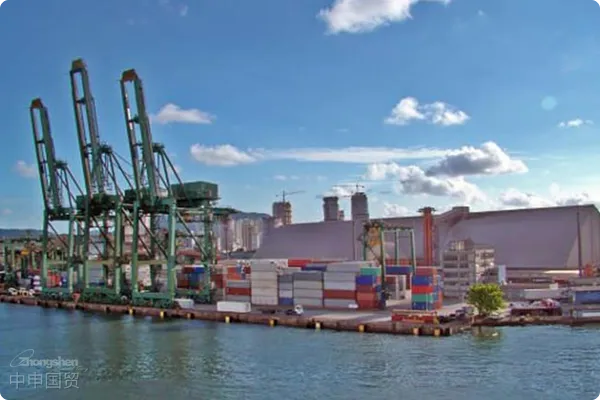
Related Recommendations
? 2025. All Rights Reserved. Shanghai ICP No. 2023007705-2  PSB Record: Shanghai No.31011502009912
PSB Record: Shanghai No.31011502009912
